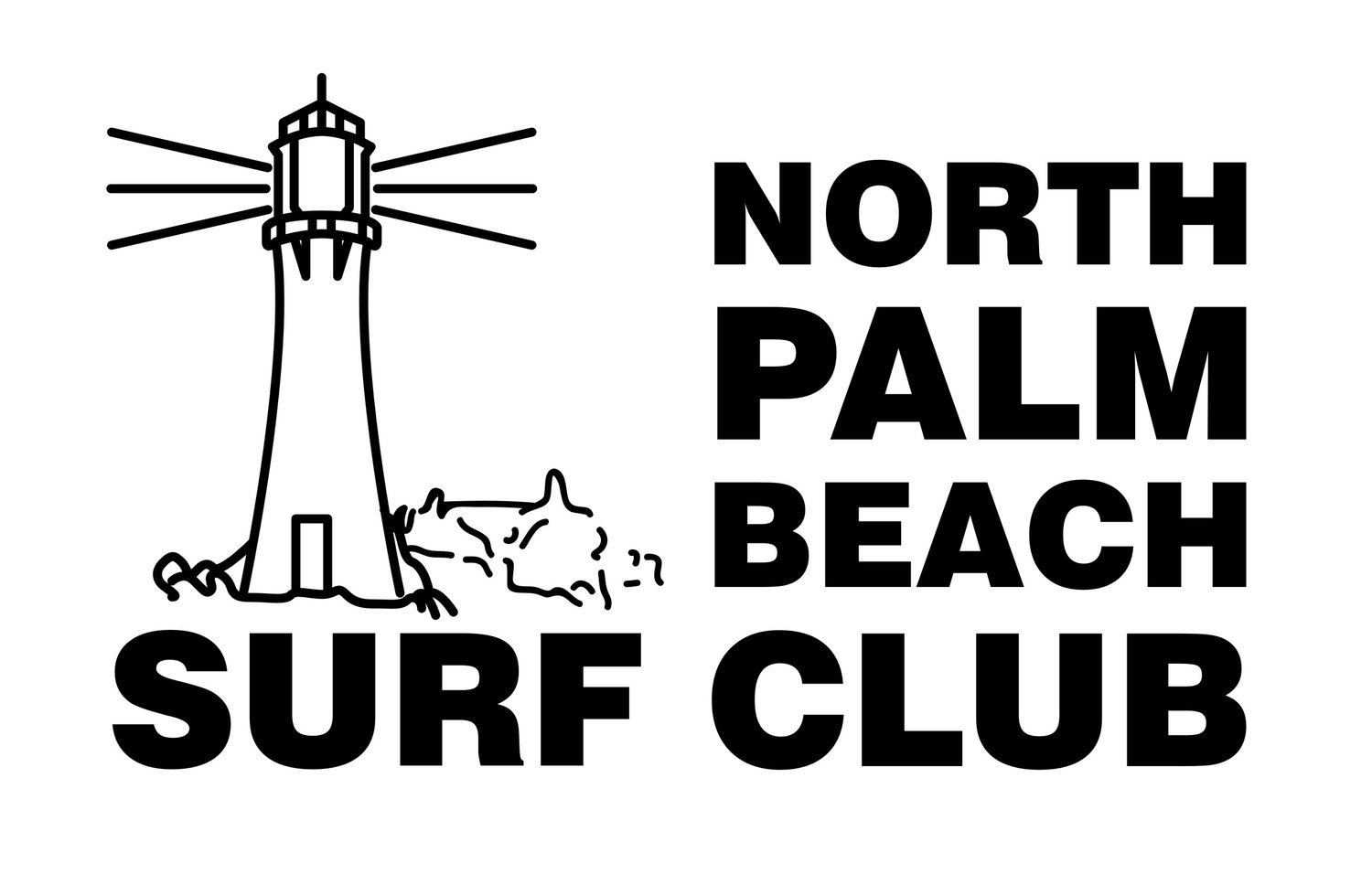Member Welfare
Our Club is committed to the safeguarding of children and young people in Surf Life Saving. One way we do this is by ensuring that our members behave in a way which creates a safe, positive and inclusive environment. Surf Life Saving’s Codes of Conduct represent the minimum standards of member behaviour and must be complied with at all times.There are two Codes of Conduct, both of which can be found in the SLSA Member Protection Policy.
The General Code of Conduct: includes expectations relating to respect; ethics; professionalism;complying with SLSA rules, policies and procedures;reporting breaches of the Safeguarding Program; and being a positive role model.
The Code of Conduct for People in Positions of Authority when Dealing with Children or Young People: includes expectations relating to positive guidance; overnight stays; language; adhering to role boundaries; transporting children;use of electronic communication; use of changing rooms;use of photography; physical contact;gift giving; wearing of uniforms; and use of alcohol or drugs.
Members are encouraged to familiarise themselves with the Codes of Conduct, and to ensure that their behaviour, as well as the behaviour of others within the Club, is appropriate. They are encouraged to say something if they see something that doesn’t feel right, or is not in line with the Codes of Conduct.
Please see the “Extra Resources” section down the bottom of this page for some specific member resources. All other SLSA downloadable resources can be found here.
Safe Guarding - How To Report
The more people who are aware of the signs of abuse and what to do if they notice them, the more able our organisation is to provide an environment which protects children and young people. The message is simple–if you see something, say something.
Reporting is easy. You can follow these steps:
If the child or young person is in immediate threat of harm or danger call 000.
If your report relates to the allegation and/or suspicion of abuse or harm, call the Police Assistance Line on 13 14 44. They will assist and advise whether they will investigate or not.
Regardless of whether the Police will investigate or not, report your concerns to Surf Life Saving either:
Online (visit sls.com.au/safeguarding and click Make a Child Protection Report) or Face-to-face via the Club Member Protection Officer.
sls.com.au/safeguarding is the centre for all information regarding the protection of children and young people. It Includes:
As well as a feedback section and various other resources that are being continuously updated
Instructions For Completing An Online Child Protection Report
Working With Childrens Check (WWCC)
What is the Working with Children Check?
The WWCC is managed by the Office of the Children’s Guardian and involves a national criminal history check and review of findings of workplace misconduct. The result of a WWCC is either a clearance to work with children for five years, or a bar against working with children. A Check is a prerequisite for anyone in child related work.
Do Surf Life Saving Members need a Working with Children Check?
All NSW Surf Life Saving Club members and employees (over 18 years of age) require a WWCC if they are undertaking a child related role. However, there are a few exemptions for when a person can be exempt from a WWCC (please note these are rare exceptions and further discussion will have to take place if you wish to be exempt from a WWCC)
The exemptions which are most relevant to SLS include:
Children (under the age of 18)
Administrative, clerical or maintenance work
Very short-term work (less than 5 working days in a calendar year) such as a visiting speaker, assessor or performer.
Volunteering by a parent or close relative where the child participates*.
Co-workers and supervisors where a child works (e.g. Patrol Captains or patrolling members)
Interstate visitors volunteering at a one-off event (e.g. State Championships) for up to 30 days a year if they hold the WWCC in their home jurisdiction.
* This is not a blanket exemption for all parents. Parents will require a WWCC If they:
are volunteering on overnight camps;
are volunteering for an activity where their child is not participating (e.g. for a different age group in Nippers or for a different training squad)
are volunteering as part of a formal mentoring program;
or are volunteering in a role which involves intimate, personal care of children with a disability
Extra Resources
Member Protection Form
Standard Operations Manual Procedures Lifesaving Services - SOP'S

